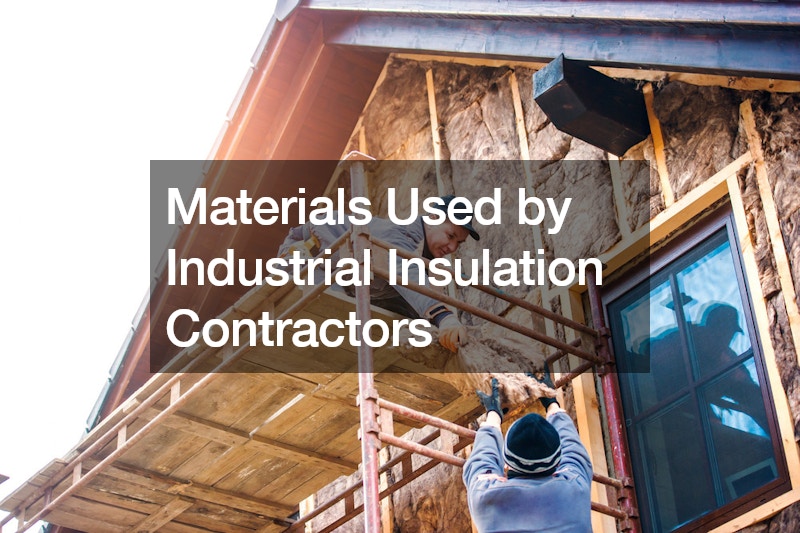Industrial insulation contractors use a range of materials to construct well-insulated structures. Installation materials are all over industrial plants, so you won’t have to look hard or far to find them if you work in that type of setting. Unlike residential insulation, industrial insulation has to protect both the interior of insulated structures and the rest of the plant from dangerous or harmful materials that you rarely see in residential settings.
As a result, industrial insulation has to be tough enough to handle these materials and compatible with the substances that it may interact with during industrial insulation processes.
Some industrial insulation materials are fibrous and made of melted stone or glass. Other insulation materials in industrial settings may involve small individual cells that are built to create larger insulation materials like foam glass. This insulation material is better for the environment since it uses recycled glass to protect industrial equipment by insulating against heat, cold, and more.
When choosing insulation materials, industrial contractors must consider chemical interactions, responses to extreme temperatures, and overall durability. The types of materials that might be suitable for residential insulation would not be appropriate for industrial applications, as any professional industrial insulation contractor would know.


